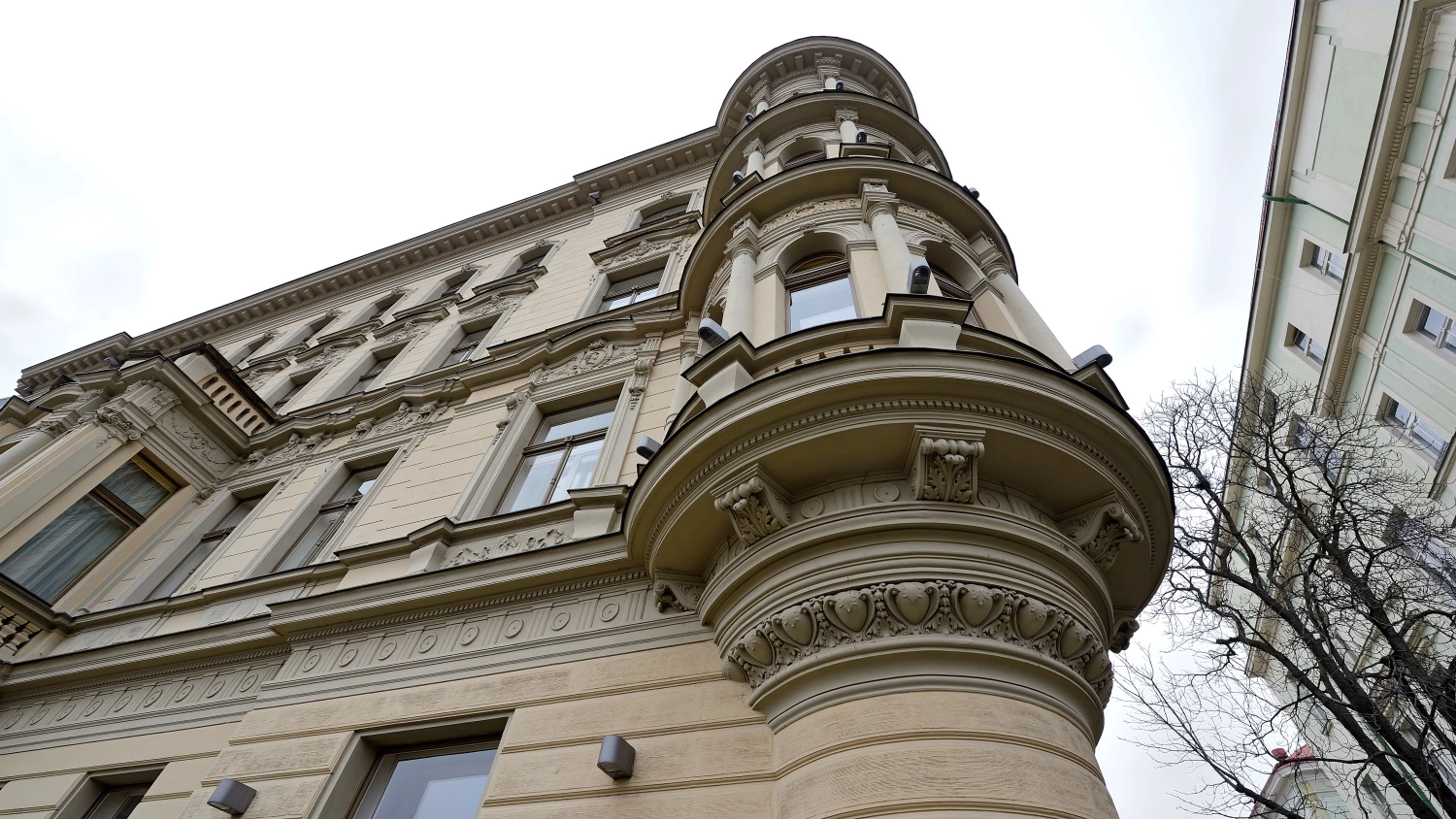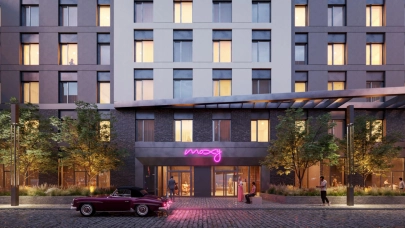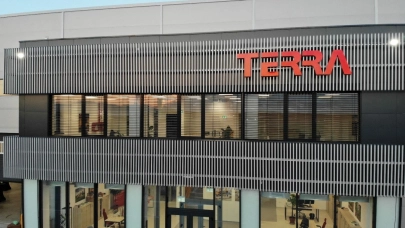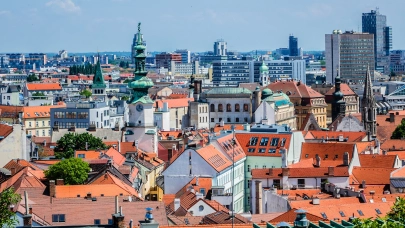
In 2021, the excess demand in the Austrian apartment building market will continue to lead to solid increases in the values of residential and commercial buildings. However, according to Arnold Investments, prices in very good and good locations have currently stabilised at a high level. Entry-level prices for local properties within the “Gürtel” (beltway) are currently starting at €4,000 to €5,000 per square metre.
"Private investors and foundations are increasingly venturing to look beyond Vienna," reports Markus Arnold, CEO at Arnold Investments. In particular focus are Graz and Linz, where in many cases the apartment house prices in the mid-level locations begin at €3,000. But also dynamic growth cities with good transport connections to Vienna, such as St. Pölten and Wiener Neustadt, are increasing in interest due to the more favourable entry-level prices, which start at around €2,500/sqm.

Markus Arnold
CEO & Owner
Arnold Investments
City outskirts in need of redevelopment
Income-oriented investors are currently looking for properties with optimisation potential in less central areas. Entry-level prices for apartment buildings in the outskirts - peripheral locations - are currently around €3,000/sqm and upwards. "Despite the good demand, there should be no price corrections here in the near future," Arnold expects.
New apartment buildings score well
Multi-family residences with a property value of between €2 million and €5 million are also becoming increasingly popular. These "new" apartment buildings may generate far higher returns than their pre-1945 counterparts, as they are not subject to the Tenancy Law (MRG) or any other restrictions. These apartment buildings may well be located also in close-by neighbouring countries.
"Anything that can be reached within a few hours by car is in demand," says the expert Arnold, who in addition to Vienna, also operates branches in another seven European cities - from Berlin to Lisbon. "Whether a property is located in Innsbruck or Prague, for example, sometimes makes little difference to investors."
Incidentally, entry-level prices in Prague are increasingly on their way to being similar to those of the mid-range locations in Austria. Investment properties for solely residential use are valued by banks with lower risk premiums, which is "similar in all our markets."
Refurbishment & climate targets
Increasingly, the value of a property is also influenced by sustainability criteria. "In the case of commercial real estate, the sustainability of a property is very much an important issue," explains Markus Arnold, whose second major focus alongside residential real estate is commercial investment.
According to Arnold Investments, the topic of sustainability - or ESG (Environmental, Social and Governance) - will also increasingly affect residential real estate, as the climate targets of the Austrian federal government provide for an increase in the refurbishment rate from the current one percent to three percent. Gründerzeit buildings in particular - due to their good building materials and structure - could make a significant contribution to achieving these goals, as they are usually easy to refurbish and can therefore be developed into a sustainable building class. "The low income from old rental contracts or capped MRG rents could rather prevent instead of promoting sustainable refurbishments," Markus Arnold says, making another strong argument for the urgent need for reform.



